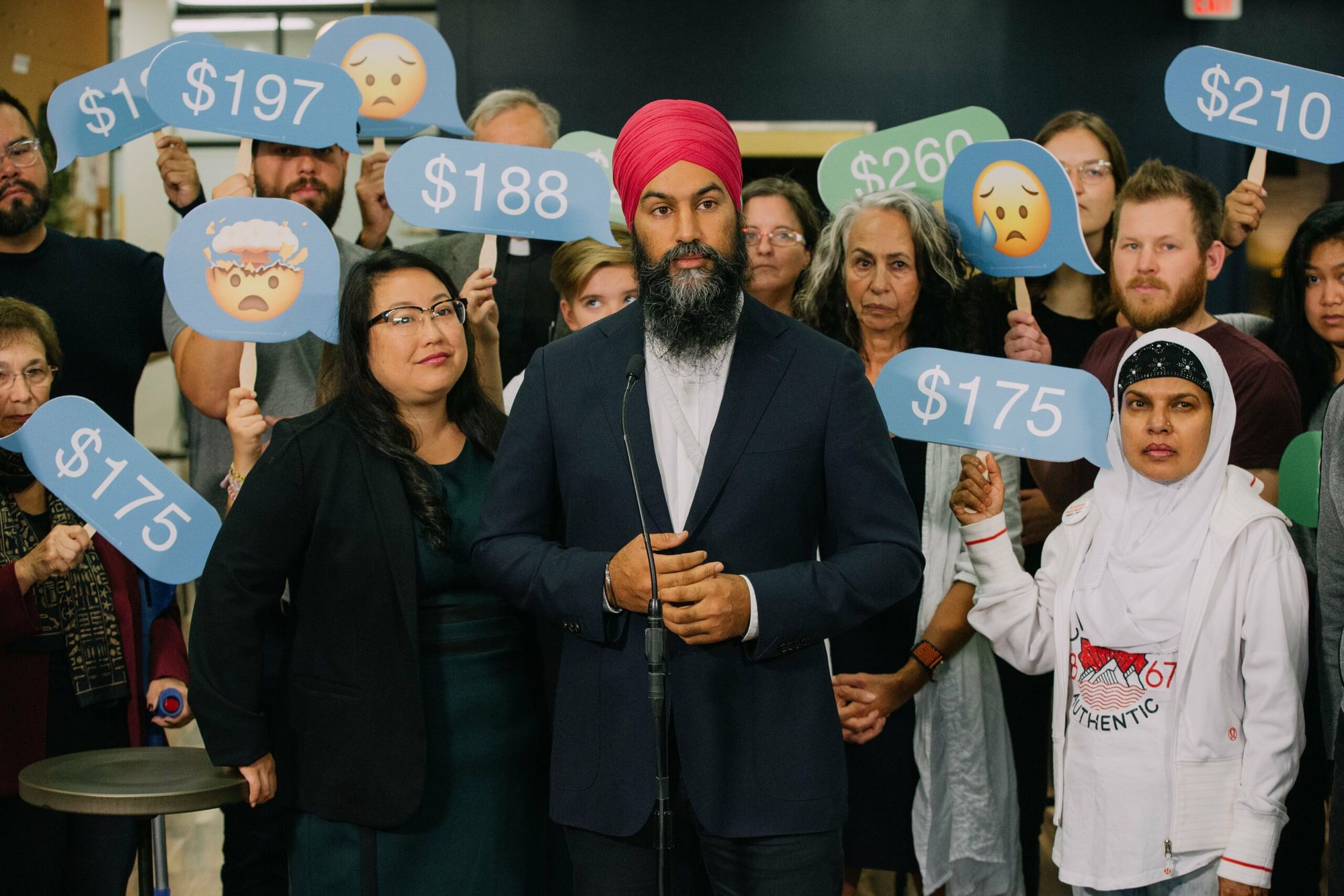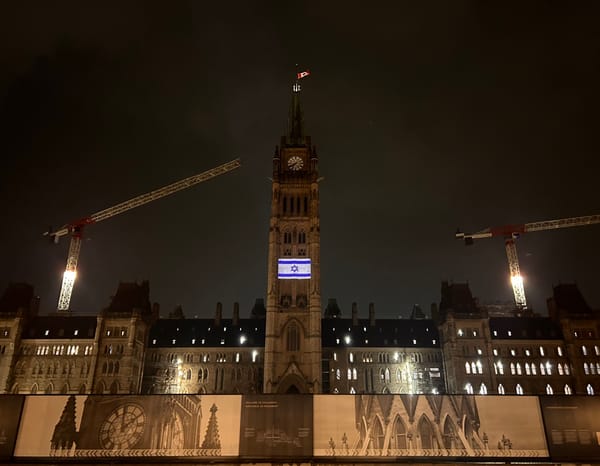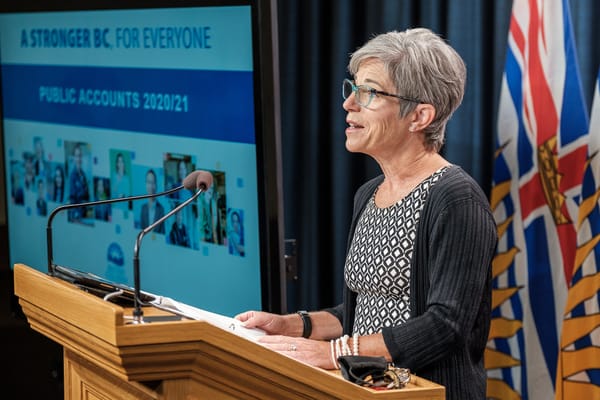Last week, Telecom giant Rogers announced it would be acquiring Shaw in a $26 billion merger. Although the deal is still subject to approval from the Competition Bureau, many worry that it will pass, furthering the monopoly-like structure driving Canadian telecommunications. This should be an opportunity for the Canadian left to assert the necessity of public ownership within this vital industry. Unfortunately, the NDP has failed to do so.
Jagmeet Singh and the NDP haven’t been silent on this proposed merger. In a statement, Singh said this deal would “only help big telecom companies profit more on the backs of Canadians.” The NDP, meanwhile, put out a press release stating, “Big telecom companies are gouging Canadians and continuing to make massive profits in a time where most families are struggling to get by.” But the issue is that the NDP hasn’t offered a coherent policy asserting even mild social democratic priorities in response.
The press release does demand action from the Liberals but only to “enforce price caps and promote real competition instead of protecting the profits of telecom giants.” This measure, which stems from the 2019 election where the NDP limited telecom reforms to price caps and a “Telecom Consumers’ Bill of Rights,” is inadequate. Private ownership is the key barrier to a telecommunications service that actually works for Canadians.
Last year, Passage writer Paris Marx made the salient point that piecemeal regulation is not only insufficient — in 2019 the NDP admitted Canadians under their aforementioned plan would only save $10 a month for each bill — but also ineffective, given that mega corporations will always find ways to circumvent rules, and regulators appointed by capitalist parties likely won’t be invested in holding these corporations accountable. As Marx notes, the only solution is for telecommunications to be owned by the people, as the profit motive is fundamentally at odds with the provisions of basic service.
Companies are duty bound to maximize profits, and this often means failing to provide reliable, affordable, high-speed internet to isolated, low-income or otherwise ‘low-value’ communities, leaving these people without the ability to fully interact with society at large. Children in rural communities, for example, have struggled to obtain a basic education during this pandemic due to the cost and quality of their internet access. Saving these families $10 a month is no replacement for a guarantee of decent internet service.
Singh has mused about access to the internet being a basic human right. At a 2018 event in Halifax, Singh took part in a panel which focused on the dangers poor connectivity pose for rural Canadians. Here, Singh called high-speed internet a “fundamental” need for Canadians, suggested, “We should look at high-speed internet as public infrastructure so it’s available to everyone” and specifically referenced the example of public telecommunications successes at the provincial level in providing services to communities private corporations deemed unprofitable.
But the disconnect remains. Singh and the NDP need to put what they and millions of Canadians know into action. At minimum, in the upcoming federal election the NDP must propose the nationalization of at least one major telecommunications giant to build a people’s internet. Ideally, however, they’d propose for the entire service to be owned by the people to better serve the most marginalized Canadians.
This policy could also be synergized into other NDP priorities. I recently argued in Canadian Dimension that the party was wrong to call small businesses the “backbone” of the Canadian economy. Nonetheless, I noted that a left party could find areas of cooperation with small business.
Public internet and phone services which don’t price gouge people — be they local shops or residents — could be popular with some small-scale capitalists. After all, profit-oriented services on things such as electricity lead to higher costs on both businesses and individuals alike. Good public services can be useful to parts of the economy that remain private — for now.
But looking ahead, the federal NDP must take this opportunity to promote public ownership in all sectors that fall under their jurisdiction, from interprovincial public transit (i.e., a national bus service integrated into VIA Rail), to postal banking, to the telecoms.
People are searching for an alternative to the economic status quo, and Singh was right when, earlier in the pandemic, he suggested it wasn’t enough to return Canada to its pre-COVID ‘normal,’ rife with injustice.
The public ownership of essential industries, including the telecoms, is exactly what Canada needs if we want to come out of the ashes of this crisis a better and more just country.







Member discussion